-
ABOUT THE AUTHOR
Rebecca Gotlieb
Rebecca Gotlieb, Ph.D. is a human developmental psychologist and educational neuroscientist. Her research focuses on individual differences in social, emotional, cognitive, and brain development from early childhood through adolescence and young adulthood with implications for education. Dr. Gotlieb is a Postdoctoral Research Fellow in the Center for Dyslexia, Diverse Learners, and Social Justice at the University of California, Los Angeles. She completed a Ph.D. in the University of Southern California's Center for Affective Neuroscience, Development, Learning and Education as a National Science Foundation Graduate Research Fellow. She received a Bachelor's degree in Psychology and Brain Sciences and membership in Phi Beta Kappa from Dartmouth College.
Tags
ADHD adolescence attention autism book review boundary conditions classroom advice conference speakers constructivism/direct instruction creativity desirable difficulty development dual coding elementary school embodied cognition emotion evolution exercise experts and novices gender high school homework intelligence long-term memory math methodology middle school mind-wandering mindfulness Mindset motivation neuromyths neuroscience online learning parents psychology reading retrieval practice self-control skepticism sleep STEM stress technology working memoryRecent Comments
- Roberta on Seriously: What Motivates Teachers to Be Funny?
- Revisiting the "Handwriting vs. Laptops" Debate: More Moving Goalposts |Education & Teacher Conferences on Handwritten Notes or Laptop Notes: A Skeptic Converted?
- The Power Of A Growth Mindset: How Students Can Overcome Challenges - Sunshine Blessings on The Rise and Fall and Rise of Growth Mindset
- Goals, Failure, and Emotions: a Conceptual Framework |Education & Teacher Conferences on “Learning from Mistakes” vs. “Learning from Explanations”
- From Destruction to Rebuilding: Hope in Science’s Down Cycle on When Analogies Go Wrong: The Benefits of Stress?
ABOUT THE BLOG
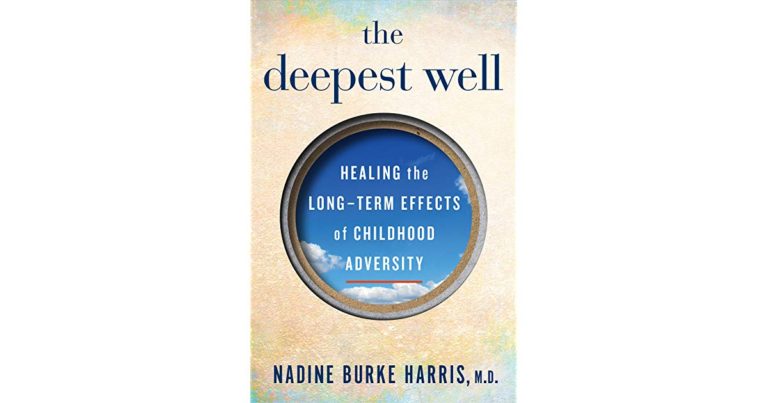
The Deepest Well: Healing the Long-Term Effects of Childhood Adversities...
Nadine Burke Harris explains that she wrote The Deepest Well: Healing the Long-Term Effects of…
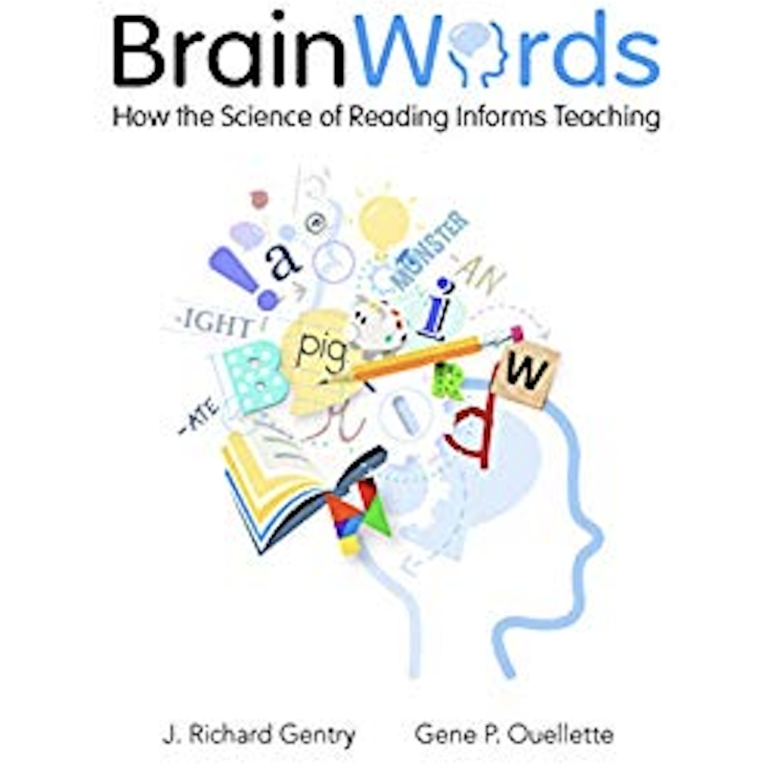
Brain Words: How the Science of Reading Informs Teaching by...
Far too many children are not learning to read well. New research about reading has…
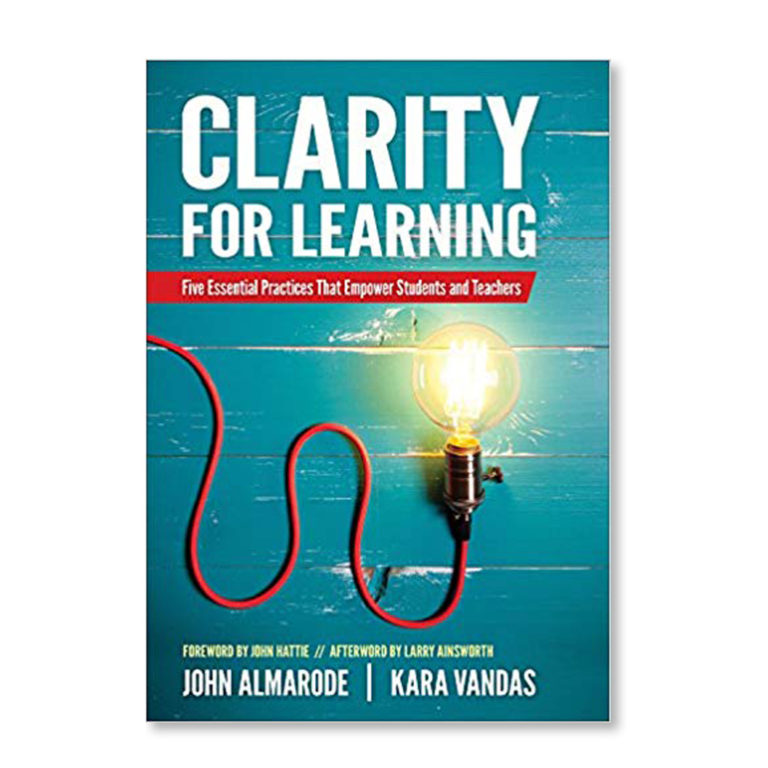
Clarity for Learning: Five Essential Practices That Empower Students and...
One of the most effective ways to enhance students’ learning is by clarifying what the…
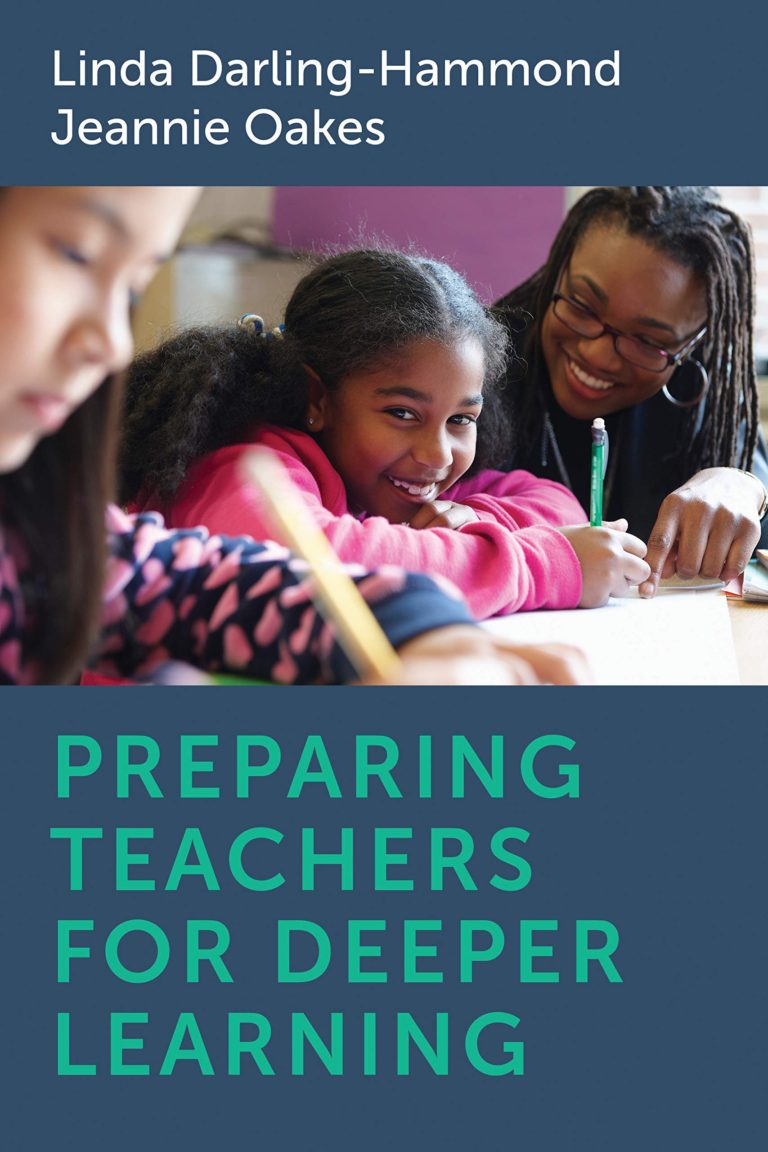
Preparing Teachers for Deeper Learning by Linda Darling-Hammond and Jennie...
Preparing Teachers for Deeper Learning by renowned education scholars, Linda Darling-Hammond and Jeannie Oakes, shows that…
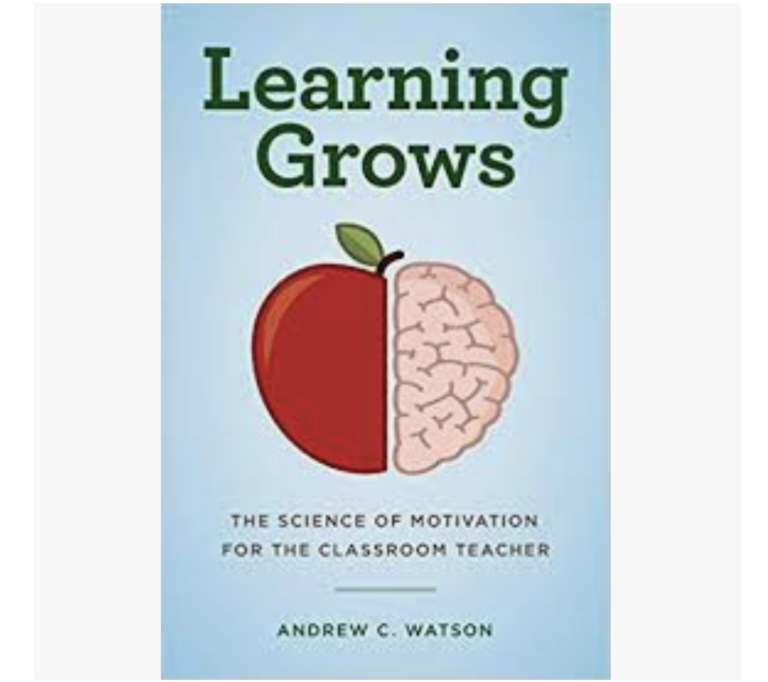
Learning Grows: The Science of Motivation for the Classroom Teacher
Andrew C. Watson, the editor of Learning and the Brain Blog, long-time teacher at some…
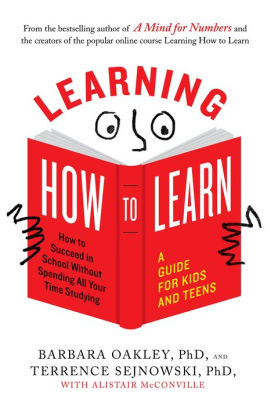
Learning How to Learn: How to Succeed in School Without...
Barbara Oakley, Terrence Sejnowski, and Alistair McConville have authored a students’ guide to learning. The book,…
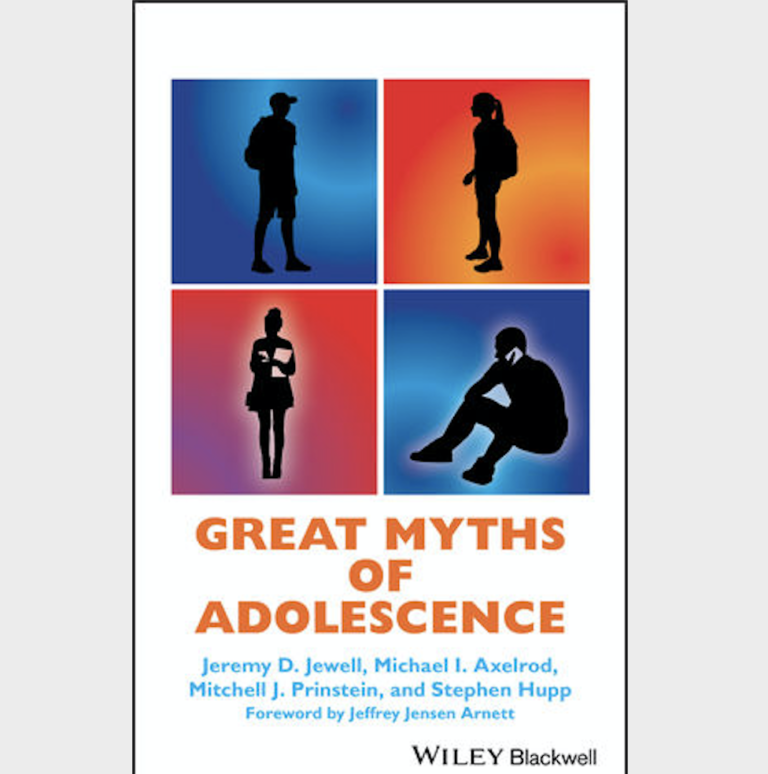
Great Myths of Adolescence by Jeremy D. Jewell, Michael I....
Do you think that teenagers today are lazier, riskier, and more self-absorbed than previous generations? Great…
PEERS® for Young Adults: Social Skills Training for Adults With...
Young people with Autism Spectrum Disorder (ASD) typically want social relationships but have trouble building…
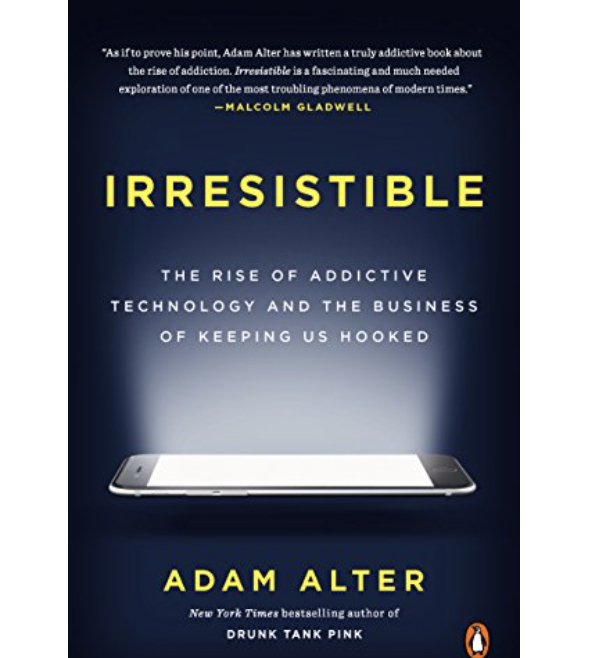
Irresistible: The Rise of Addictive Technology and the Business of...
Where is your mobile phone right now? How much time have you spent on it…
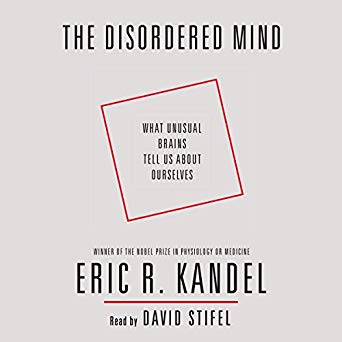
The Disordered Mind: What Unusual Brains Tell Us About Ourselves...
One of the most complex unsolved mysteries in science is how the brain produces consciousness. …

